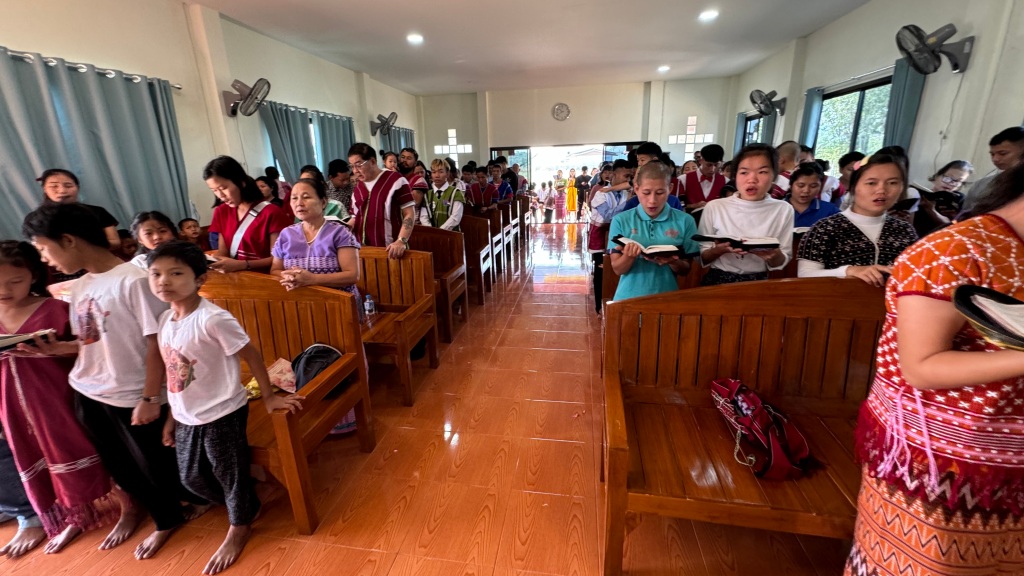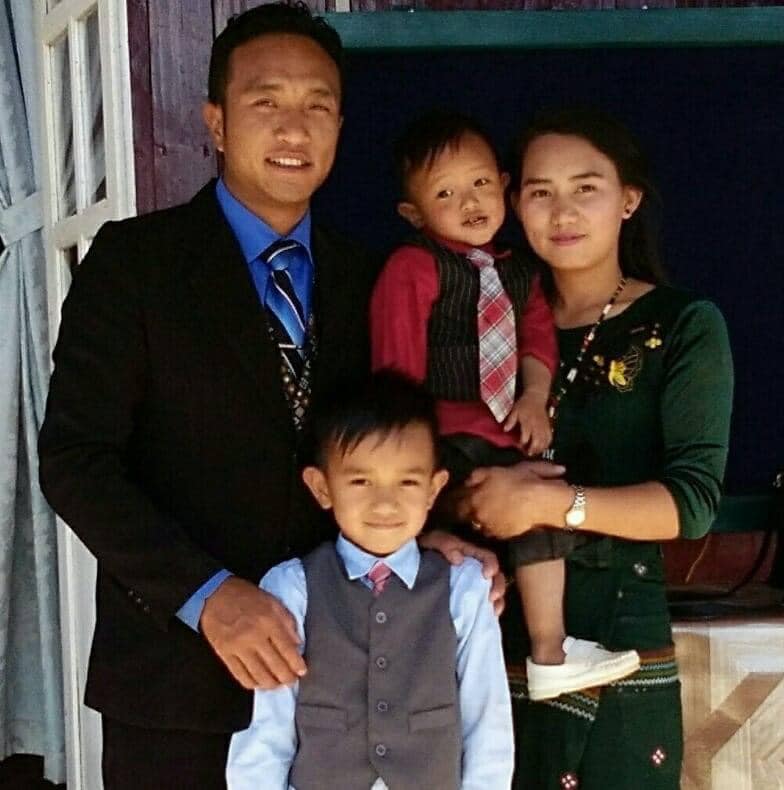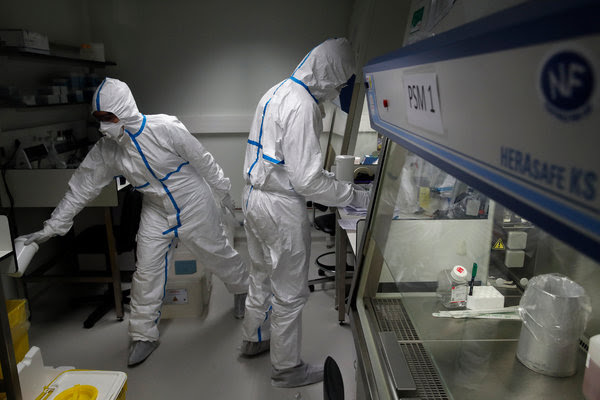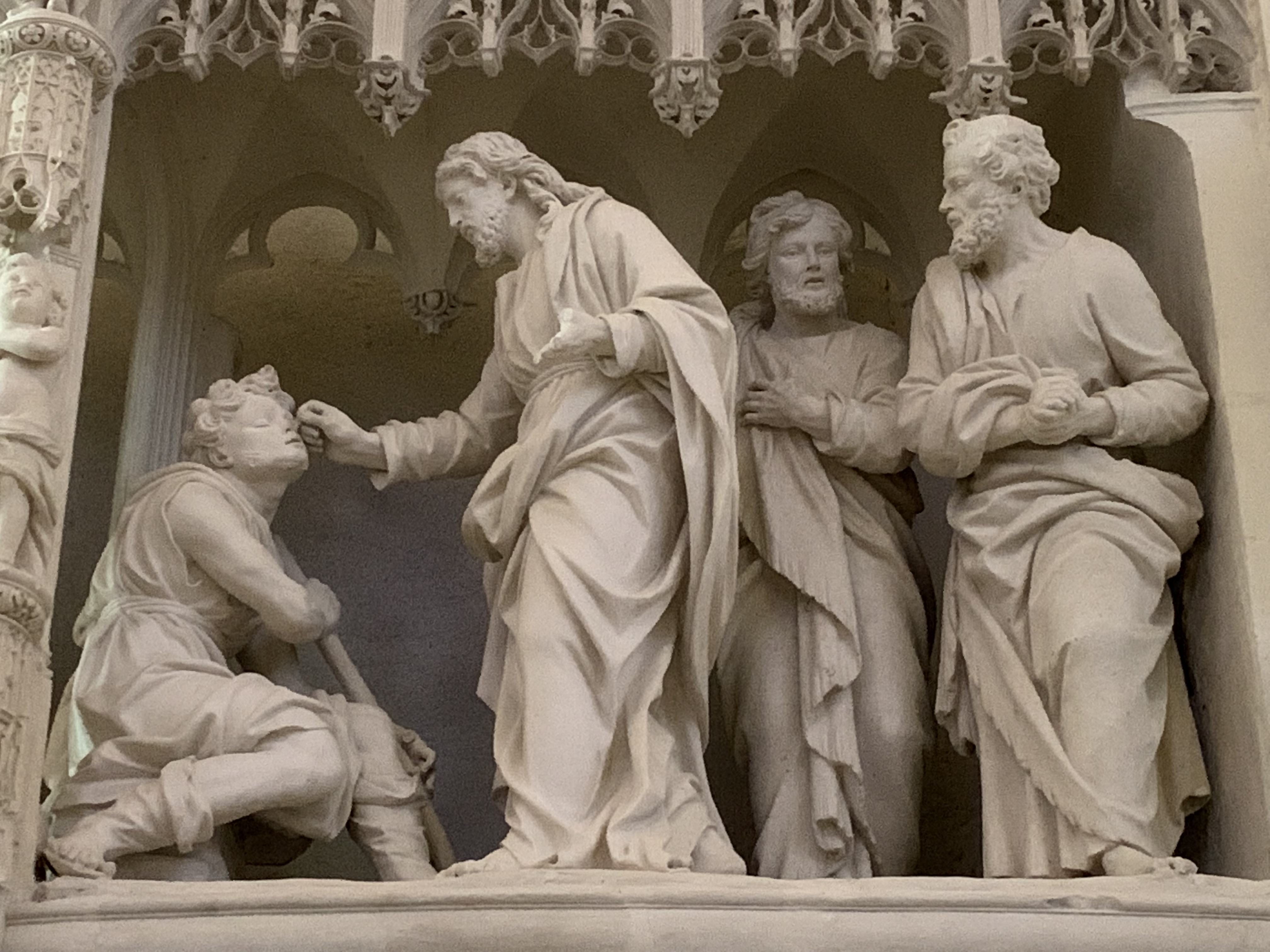When the winds blew and the waves crashed over their little boat on the Sea of Galilee, Jesus’ disciples panicked. Jesus was sleeping. Was he going to do anything to save them? Did he even care? In desperation, they woke him, crying out, “Lord, save us. We’re going to drown!”
But from Jesus’s perspective, there was no reason to worry. No matter how dark the sky or threatening the tempest, he knew that their lives were in God’s hands, and nothing could touch them unless God allowed it. So, he chastised his disciples, saying, “You of little faith, why are you so afraid?” Then, he rebuked the wind and the waves, and the sea became calm. And the disciples were amazed. (Matthew 8:23-27)
The disciples were not being criticized for waking Jesus up or for asking for his help. Nor is Jesus saying that you shouldn’t take threats to your health or well-being seriously. Neither is he suggesting that those who trust in God will never be harmed. You know that isn’t true. The Bible and history are full of stories of people suffering unjustly or dying prematurely from diseases or other natural and unnatural causes. Even Jesus himself was eventually crucified. But at that moment, in the midst of a raging storm, he was at peace. He trusted in God’s will for his life, and for his death.
No, Jesus chastised the disciples because they were letting their circumstances unnerve them. They were giving too much power to their fears, forgetting that following Jesus into the boat calls for trusting God through the storm.
What about you? How are you coping with the many current threats to your well-being? Like Jesus’s disciples, sometimes all you might be able to see is the size of the waves, the strength of the wind, and all the real dangers. Sometimes it may seem like Jesus is sleeping or that God doesn’t care. But it isn’t the case. God does care, and Jesus is not sleeping.
If you can do something reasonable to diminish the risks facing you or your family, do it. But no matter what is or isn’t within your power to do, keep returning to the Source of your life and eternal hope. God is your anchor, your rock, your strength. You need God’s working in your life not only to answer your prayers, but to enable you to experience peace amid the storm and courage to face the uncertain future. Without a solid connection to God and staying grounded in your faith, the storms may very well unnerve you and throw your life into chaos. The opposite of what you most need at such times.
Over the past two months, I had the privilege of teaching and ministering again along the border between Myanmar and Thailand. One of the things that has made a big impression on me is how much the refugees actively draw upon their faith to cope with their fears and hardships. This is true for those still struggling to survive and cope within Myanmar as it is for those who have fled to the other side of the border. Their lives may have been devastated, their future hope shattered, and family members and friends killed, but they keep going back to God for stability and strength. They frequently worship, pray, read Scripture, listen to sermons, sing, fellowship together, help one another, and participate regularly in many other such spiritual activities. It’s how they structure their lives and stay grounded in their faith. It’s how they find peace, courage, and strength despite their circumstances.
I don’t know what you might be going through today, but I do know that everything looks and feels different when I stay well connected to God and trust in God’s will for my life amid the storms.
The Psalmist put it this way, when he told himself: “Yes, my soul, find rest in God; my hope comes from him. Truly he is my rock and my salvation; he is my fortress. I will not be shaken” (Psalm 62:5-6, NIV).





